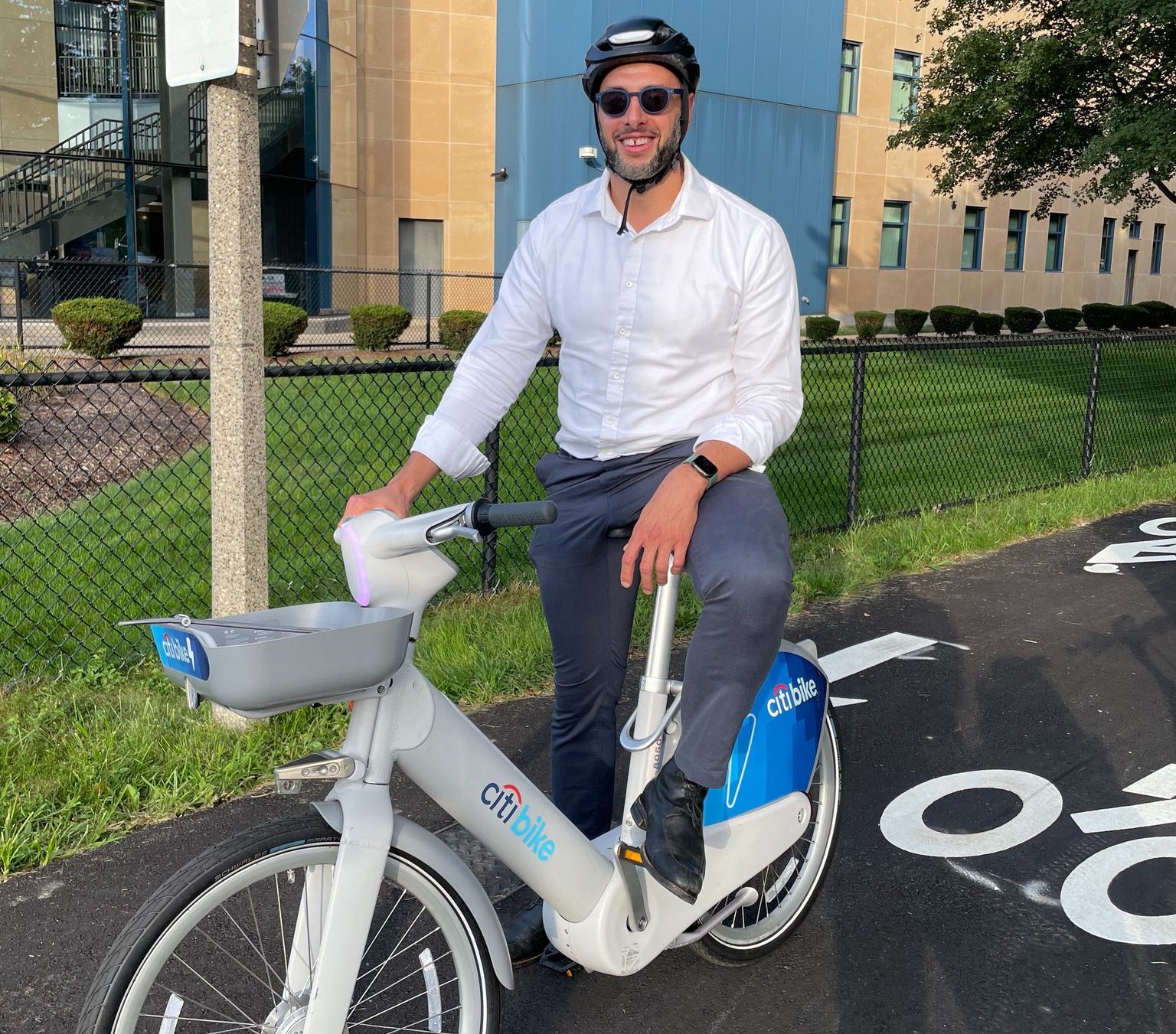Badusername
Active Member
- Joined
- Dec 2, 2021
- Messages
- 219
- Reaction score
- 644
With the recently passed e-bike legalization in the Transportation Bond Bill, do we expect more communities to allow dockless e-scooters like Bird and Lime?
Massachusetts seems to be an outlier in how few of its cities allow dockless vehicles. A google search is showing only P-town and Pittsfield allow them currently. If someone has more information or knows where to find an up to date list of cities with these programs that would be helpful.
What factors make MA unique in its lack of e-scooters? My theories:
1. The fuzzy legal definition. If so, I would expect to see widespread adoption with the new bill.
2. BlueBikes being owned/operated by cities rather than private companies. Boston area cities may have a conflict of interest. There is an incentive to prevent competition with BlueBikes.
3. Community opposition. While this is the stated reason for early trials getting pulled from MA cities several years ago, what factors would make MA residents more opposed than any other states? I would expect MA and Boston specifically to be more in favor of micro-mobility given its existing bike infrastructure is superior to most of the country’s.
Curious to hear people’s thoughts. I didn’t see an existing thread, and it didn’t seem like this fits in the “Biking in Boston” thread.
Massachusetts seems to be an outlier in how few of its cities allow dockless vehicles. A google search is showing only P-town and Pittsfield allow them currently. If someone has more information or knows where to find an up to date list of cities with these programs that would be helpful.
What factors make MA unique in its lack of e-scooters? My theories:
1. The fuzzy legal definition. If so, I would expect to see widespread adoption with the new bill.
2. BlueBikes being owned/operated by cities rather than private companies. Boston area cities may have a conflict of interest. There is an incentive to prevent competition with BlueBikes.
3. Community opposition. While this is the stated reason for early trials getting pulled from MA cities several years ago, what factors would make MA residents more opposed than any other states? I would expect MA and Boston specifically to be more in favor of micro-mobility given its existing bike infrastructure is superior to most of the country’s.
Curious to hear people’s thoughts. I didn’t see an existing thread, and it didn’t seem like this fits in the “Biking in Boston” thread.

